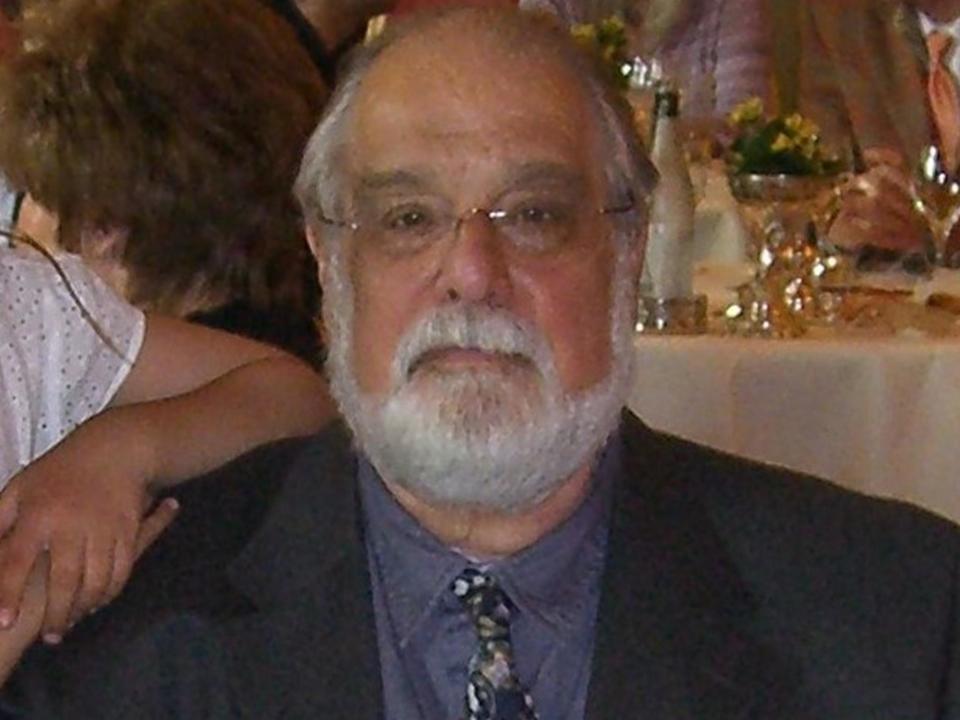Robert M Young: Science historian and Darwin scholar who wielded great influence on the cultural left
Robert M Young was a historian of the evolutionary and psychological sciences, psychotherapist, radical critic of science, academic and scourge of academics, publisher, TV producer and libertarian socialist. Young, who has died aged 83, was a combative personality who embraced controversy in his personal and institutional relations, giving life to the slogan “the personal is political”.
Born into a Presbyterian family in Highland Park, a rich suburb of Dallas, Young studied at Yale University before beginning training at the University of Rochester Medical School. He discovered the intellectual theme that was to run through his life: the gap between the medical conception of the body and the mental world of purposes and values.
He turned to the history of science, and especially the Darwinian revolution, to understand and transcend belief in dualism of mind and body, subject and object, culture and nature, and values and the material world. He came to the UK, took a PhD at Cambridge University, and in the 1960s became a fellow of King’s College and lecturer in the history and philosophy of science.
His thesis became his first book, Mind, Brain, and Adaptation in the Nineteenth Century (1970), which was regarded as groundbreaking in its field. Readings of Darwin, the theory of natural selection and the Victorian debates of which they were part pioneered the study of Darwinian thought in context. Studies of “the common context” of Darwinian and Malthusian ideas (1969) and of Darwin’s metaphor of “natural selection” (1971) lie at the base of a huge amount of work carried out by other scholars.
At the end of the 1960s, Young took a more radical turn, fuelled by intense reading of Marxian literature and an understanding of the role academic institutions – including science itself – had in mediating ideology in the wider world. He was an inspiring teacher and he attracted a range of students and colleagues, such as Roy Porter and Ruth Leys, who went on to occupy positions in the history of science and medicine.
He fiercely believed the unity of theory and practice mattered. He became head of a new Wellcome Unit for the History of Medicine in Cambridge. However, after conflicts with both conservative colleagues at Cambridge and the trust, he resigned in 1976 and moved to north London.
He was the moving force of a radical science collective, responsible for the Radical Science Journal and, later, Science as Culture. A prominent voice on the political left, he argued with more traditional Marxists and the academic establishment. A key political paper, Science is Social Relations, which interprets science as part of the labour process, dates from 1977. He produced teaching materials for the Open University; his Darwin papers were collected in Darwin’s Metaphor (1985); and in the 1980s he headed the TV Channel 4 documentary series on science Crucible.
He trained as a psychoanalytic psychotherapist and founded Process Press, trading as Free Association Books, whose publications included the work of US feminist scholar Donna Haraway and Young’s own study, Mental Space.
Psychotherapeutic practice, teaching and publishing drew Young away from an academic career, but he monitored developments critically, concerned that Darwin’s central place in the understanding of the human political condition had been superseded by the academic pursuit of detail and for the games of “French theory”.
He judged biography, with its capacity to integrate the moral, the social and the personal, to be a key genre of human self-understanding. After the changes in Europe in 1989, he helped to introduce psychotherapy training in Bulgaria. Young also took up a new position as professor and chair in the department of psychotherapeutic studies at the University of Sheffield Medical School, where he established a number of new courses, many online.
He continued to give inspiring, accessible lectures calling for unity in ways of thinking about the whole person – moral, political, biological, psychological. His work, as he provocatively intended, was a reference point for understanding the place of human nature in political processes.
Young is survived by his partner Susan Tilley and six children.
Robert Maxwell Young, science historian, born 26 September 1935, died 5 July 2019

 Yahoo News
Yahoo News 

